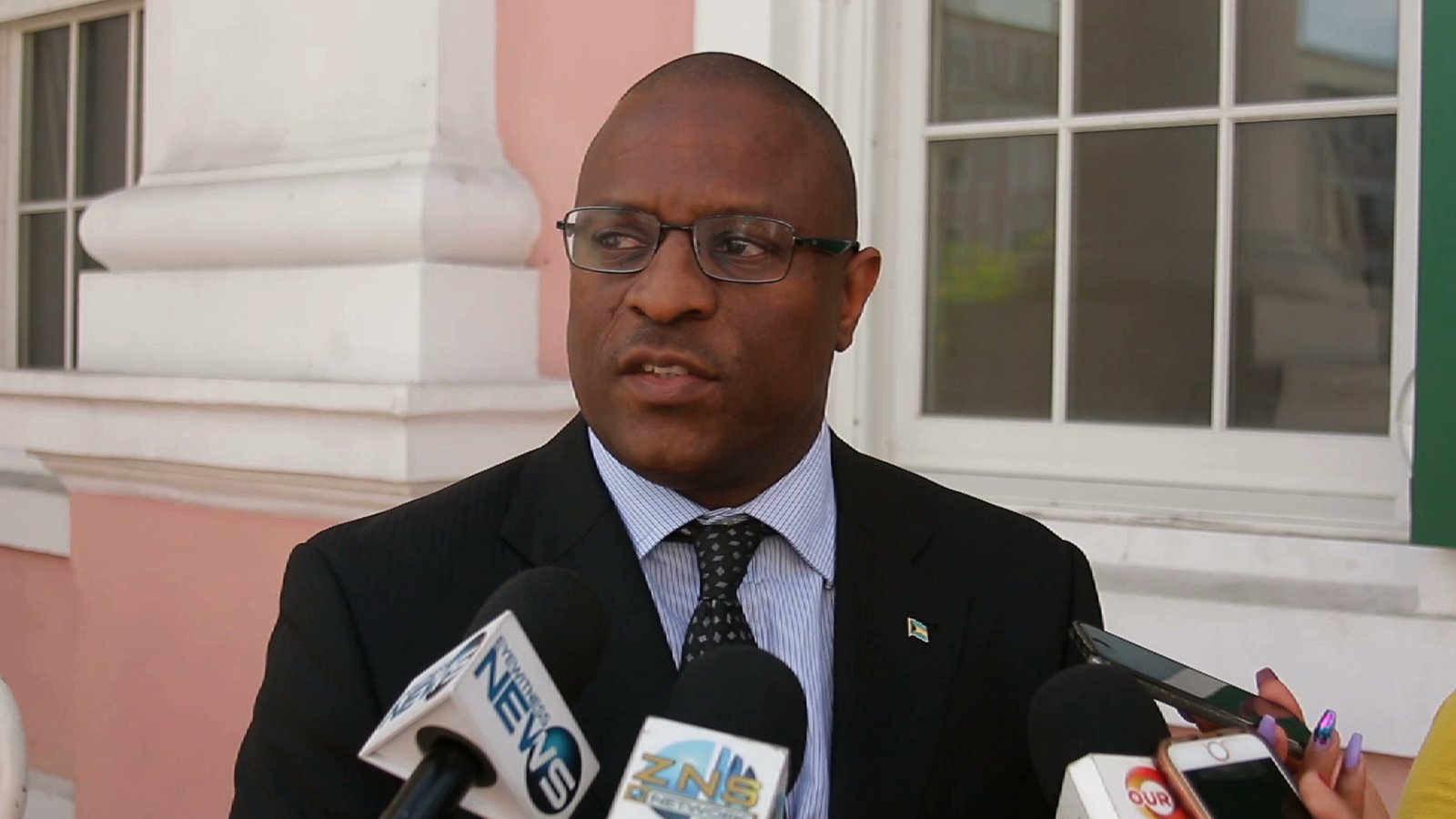NASSAU, BAHAMAS – In the wake of controversy in Grand Bahama between the Grand Bahama Power Company (GBPC) and the Cooper family, which owns a number of fast food franchises on that island, members of parliament who represent various constituencies in the nation’s second city are calling on the power company to provide more cost-effective generation.

Marco City MP Michael Pintard, Pineridge MP Frederick McAlpine and Central Grand Bahama MP Iram Lewis, all agreed that something needs to be done, in the near future, to alleviate the strain on GBPC consumers.
According to the trio, addressing electricity woes is an issue that needs immediate attention.
“Right now, it’s extremely hard on the regular consumer and businesses in Grand Bahama; so, my main interest is to see how we can reduce the cost of power consumption on the island,” Lewis said.
“Once that is down homeowners and business owners will be happier and hopefully they will pass those savings on to consumers.”
Lewis’ colleague McAlpine said the need to decrease the cost of power consumption on the island is also paramount for potential investors who are eyeing the island for business opportunities.

“The reality is that in order for Grand Bahama to flourish economically and from an investor point of view, GBPC is going to have to do more to see that it can get the electricity rate down for all consumers,” he said.
Meantime, Pintard gave his word that he is committed to working with the Minnis-led administration to see how soon renewable sources of energy can be introduced on Grand Bahama.
“There is a need for relief in Grand Bahama, and the rest of The Bahamas, in terms of the cost of electricity and I am confident that the program that government is looking at in terms of introducing renewable energy and increasing the percentage of renewable energy is going to make a difference. I will be working diligently with colleagues to make sure that the same thing happens in Grand Bahama,” Pintard promised.
The prime minster reiterated on Monday government’s intent to ensure that at least 30 per cent of the power supply in the country is generated by renewable energy sources by 2020.






